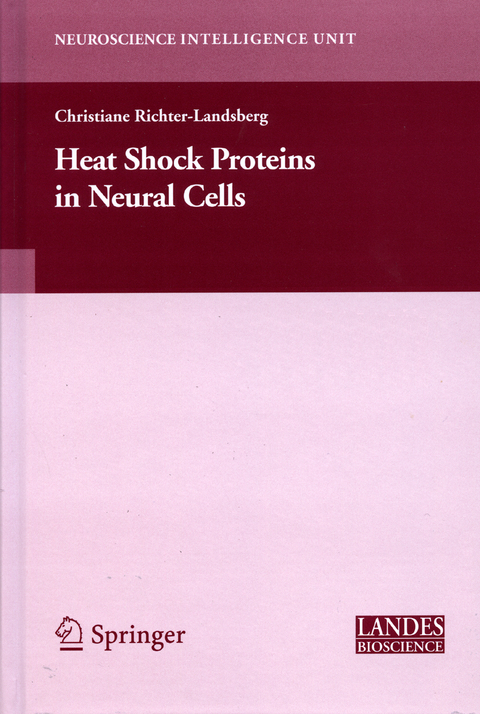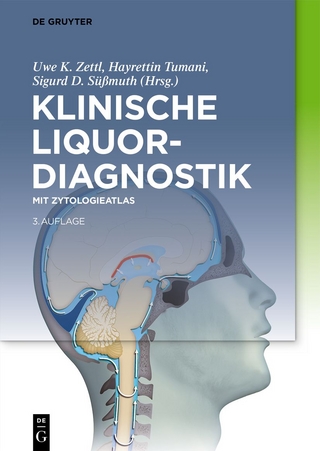
Heat Shock Proteins in Neural Cells
Seiten
2011
Springer-Verlag New York Inc.
978-1-4419-2293-9 (ISBN)
Springer-Verlag New York Inc.
978-1-4419-2293-9 (ISBN)
eat shock proteins (HSPs), also called stress proteins, are not only induced in response to elevated temperatures, but also as a result of various stress situations, including environmental strains, viral H infection, ischemia, anoxia and oxidative stress. These stress situations trigger cellular defence mechanisms that act as an emergency system capable of combatting the toxic consequences due to the accumulation of misfolded proteins. Heat shock proteins are involved in many physiological processes, including development and differentiation, organisation of the cytoarchi tecture by binding to cytoskeletal elements and regulation of the balance between cell death and survival. Many heat shock proteins work as molecular chaperones. In this role, they contribute to in vivo protein folding and prevent nonproductive interactions with other proteins and cellular c- ponents. In recent years it has been found that the chaperone system and the proteolytic machinery work closely together, and that proteasomal - hibition causes the upregulation of stress proteins.
Impairment of the proteasomal machinery and chaperone functions lead to protein damage, which contributes to neurodegenerative disorders and to the aging process.
Impairment of the proteasomal machinery and chaperone functions lead to protein damage, which contributes to neurodegenerative disorders and to the aging process.
Heat Shock Proteins.- Small Heat Shock Proteins and the Cytoskeleton.- The Role of Hsps in Neuronal Differentiation and Development.- Heme Oxygenase as a Therapeutic Funnel in Nutritional Redox Homeostasis and Cellular Stress Response.- Heat Shock Proteins and the Regulation of Apoptosis.- Assembly of Protein Aggregates in Neurodegeneration.- The Role of Heat Shock Proteins during Neurodegeneration in Alzheimer’s, Parkinson’s and Huntington’s Disease.- Heat Shock Proteins in Multiple Sclerosis.
| Reihe/Serie | Neuroscience Intelligence Unit |
|---|---|
| Zusatzinfo | 26 Illustrations, black and white; XI, 115 p. 26 illus. |
| Verlagsort | New York, NY |
| Sprache | englisch |
| Maße | 155 x 235 mm |
| Themenwelt | Medizin / Pharmazie ► Medizinische Fachgebiete ► Laboratoriumsmedizin |
| Medizin / Pharmazie ► Medizinische Fachgebiete ► Neurologie | |
| Medizin / Pharmazie ► Studium | |
| Naturwissenschaften ► Biologie ► Humanbiologie | |
| Naturwissenschaften ► Biologie ► Zellbiologie | |
| Naturwissenschaften ► Biologie ► Zoologie | |
| ISBN-10 | 1-4419-2293-8 / 1441922938 |
| ISBN-13 | 978-1-4419-2293-9 / 9781441922939 |
| Zustand | Neuware |
| Haben Sie eine Frage zum Produkt? |
Mehr entdecken
aus dem Bereich
aus dem Bereich
Buch | Softcover (2021)
Deutscher Ärzteverlag
29,99 €
ein praxisorientiertes Handbuch
Buch | Hardcover (2023)
Wiley-VCH Verlag GmbH
49,90 €


